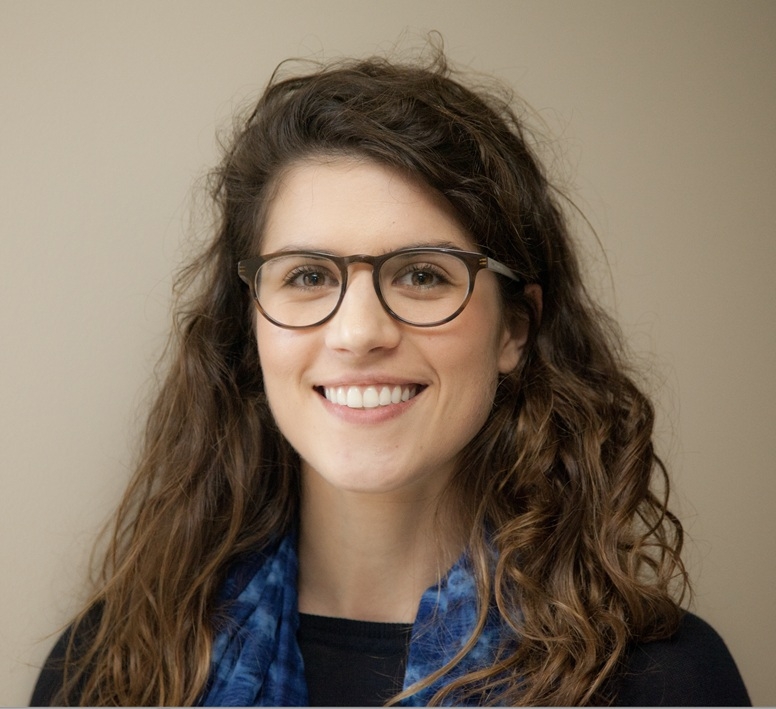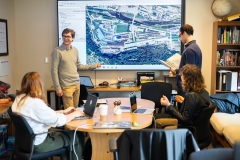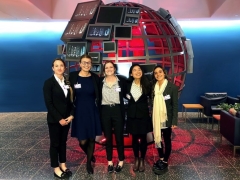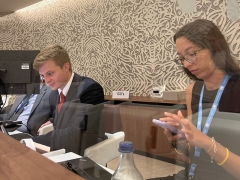Student Researchers Work Side-by-Side with Top Experts at the James Martin Center for Nonproliferation Studies
| by Caitlin Fillmore
Every year, dozens of students at the Middlebury Institute get advanced hands-on training and access to top experts in nonproliferation and arms control in paid research positions.




